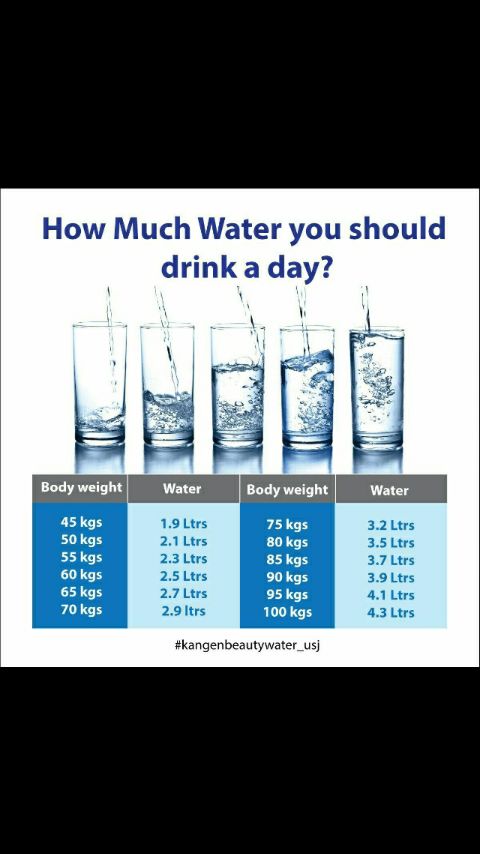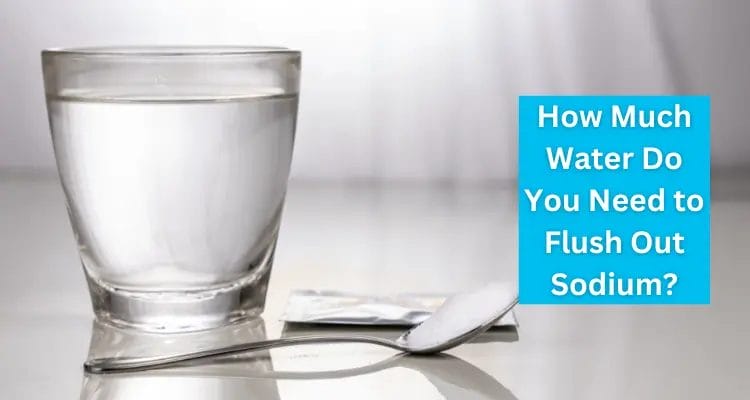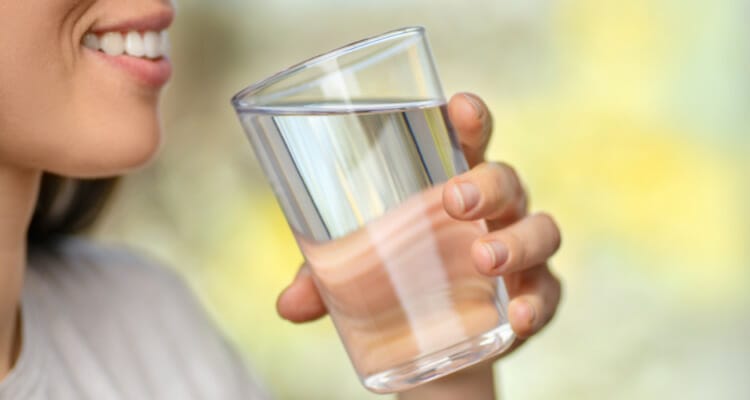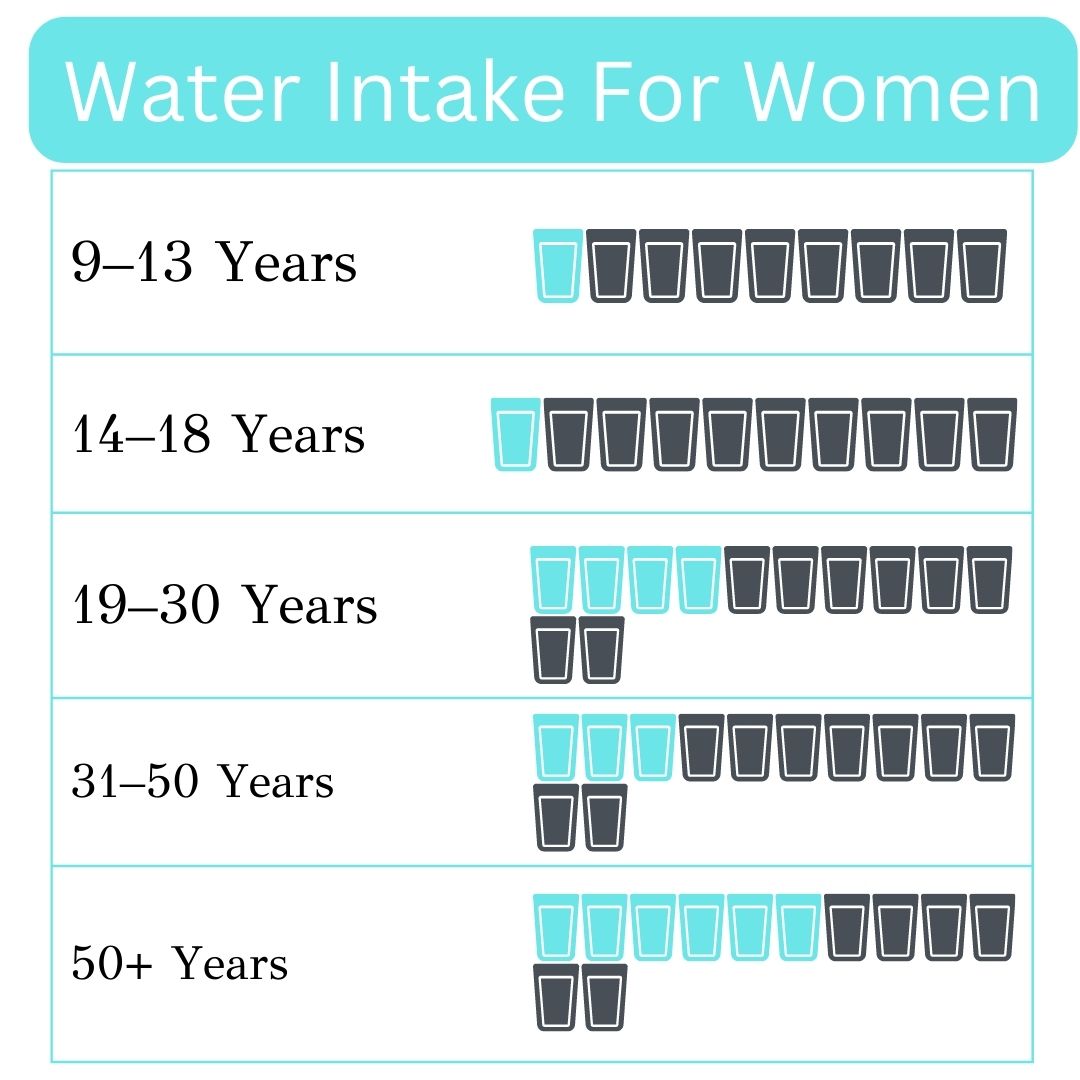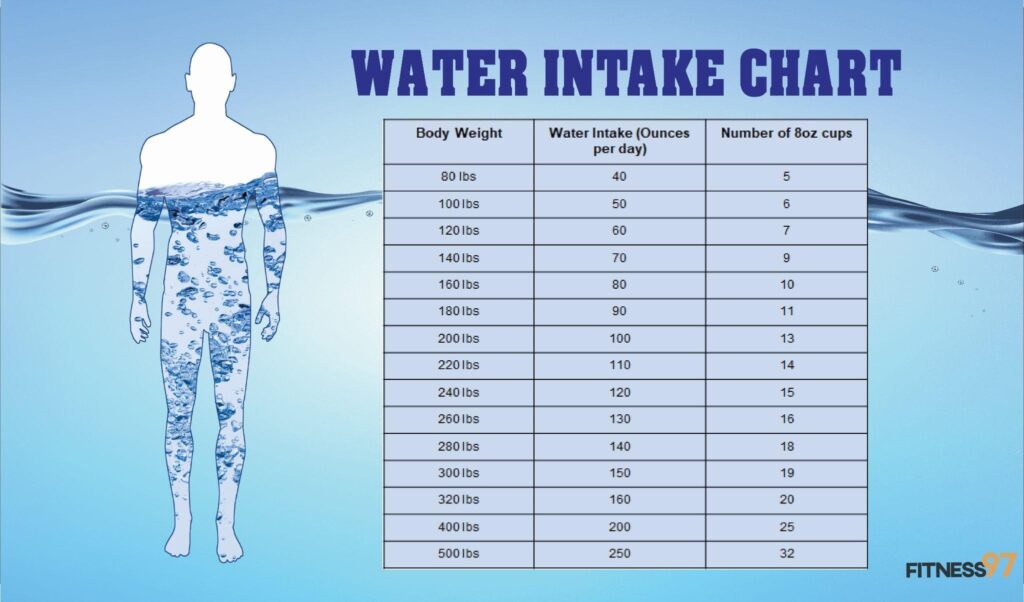How Much Water To Drink To Flush Out Soda

The pervasive consumption of soda, a sugary beverage often criticized for its negative health impacts, prompts a common question: how much water is needed to counteract, or "flush out," its effects? While the idea of a direct flush is simplistic, understanding the relationship between hydration and soda consumption is crucial for maintaining overall health.
This article explores the science behind hydration, the physiological effects of soda, and provides practical guidelines for water intake to mitigate potential harm. It examines the complex interplay between fluids and the body's metabolic processes, moving beyond the popular myth of a simple "flush."
Understanding Hydration and Its Role
Proper hydration is fundamental to virtually every bodily function. Water helps regulate body temperature, transport nutrients, and remove waste products. Dehydration, on the other hand, can lead to a range of problems, from fatigue and headaches to more serious complications.
The general recommendation for daily water intake is around eight 8-ounce glasses, often summarized as the "8x8 rule." However, individual needs vary significantly depending on factors like activity level, climate, and overall health. The U.S. National Academies of Sciences, Engineering, and Medicine suggests that adequate daily fluid intake is roughly 15.5 cups (3.7 liters) of fluids for men and about 11.5 cups (2.7 liters) of fluids for women.
These recommendations encompass fluids from all sources, including water, other beverages, and food. Paying attention to thirst cues and urine color (pale yellow indicates good hydration) are helpful ways to monitor hydration status.
The Impact of Soda on the Body
Soda is typically high in sugar and calories, but provides little to no nutritional value. Excessive sugar intake can lead to weight gain, type 2 diabetes, heart disease, and other health problems. Furthermore, the high acidity of soda can erode tooth enamel.
The sugar in soda is often in the form of high-fructose corn syrup, which the body processes differently than other sugars. This can lead to increased fat storage and insulin resistance. Some sodas also contain caffeine, which can be addictive and disrupt sleep patterns.
Diuretic effects from caffeine-containing soda can cause fluid loss, paradoxically contributing to dehydration despite the fluid intake.
"Soda consumption is linked to a variety of adverse health outcomes, making moderation and informed choices essential," states Dr. Emily Carter, a registered dietitian.
Water's Role in Mitigating Soda's Effects
While water cannot "flush out" soda in a literal sense, adequate hydration helps the body process sugar and eliminate waste products more efficiently. Drinking water before, during, and after consuming soda can help dilute the sugar concentration in the bloodstream.
This can reduce the rapid spike in blood sugar levels that often follows soda consumption. Water also supports kidney function, helping the body filter out excess sugar and other toxins. Water supports the body's natural detoxification processes.
Increasing water intake can also help displace soda consumption, which is a more direct way to reduce its negative impact. Choosing water over soda automatically reduces sugar and calorie intake. Substituting water for even one soda per day can have a significant positive impact on long-term health.
Practical Guidelines and Considerations
A targeted approach to water intake after soda consumption is a good starting point. Drink at least one glass of water for every can or bottle of soda consumed. Consider increasing your overall daily water intake if you regularly consume soda.
Prioritize water throughout the day, not just after drinking soda. Carry a reusable water bottle and sip on it regularly. Add fruits like lemon, lime, or cucumber to your water for flavor and added nutrients.
Be mindful of hidden sugars in other beverages and processed foods. Reading nutrition labels is crucial for making informed choices about your overall sugar intake. Choose naturally flavored water, herbal teas, or sparkling water as healthier alternatives to soda.
Beyond Water: A Holistic Approach to Health
While adequate water intake is important, it's only one piece of the puzzle. A balanced diet, regular exercise, and sufficient sleep are also crucial for overall health. Limiting soda consumption and prioritizing whole, unprocessed foods is essential.
Regular physical activity helps the body burn calories and regulate blood sugar levels. Aim for at least 150 minutes of moderate-intensity aerobic exercise per week. Prioritize sleep by aiming for 7-9 hours of quality sleep each night.
Consult with a healthcare professional or registered dietitian for personalized advice on hydration and nutrition. Individual needs vary, and professional guidance can help you develop a sustainable and effective plan for achieving optimal health.
Conclusion
While the idea of "flushing out" soda with water is an oversimplification, adequate hydration plays a vital role in mitigating its negative effects. Drinking sufficient water supports the body's natural processes for processing sugar and eliminating waste.
However, water is not a magic bullet. Reducing soda consumption and adopting a holistic approach to health, including a balanced diet, regular exercise, and sufficient sleep, are essential for long-term well-being. Ultimately, making informed choices about beverage consumption and prioritizing hydration are key to maintaining a healthy lifestyle.


